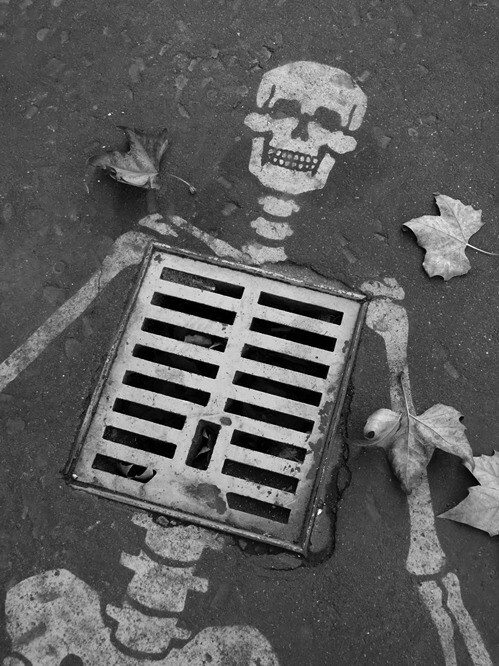I watch a lot of commentary channels on YouTube. My feed is filled with hot takes on the latest online trends and happenings, often dealing with topics like racism, sexism, abuse, and harassment. More and more, I’ve noticed YouTubers bleeping (or rather muting) words that might be flagged as being “advertiser unfriendly” and get their videos demonetized. Sometimes that’s profanity, but more often it’s words like abuse, Holocaust, kill, suicide, sexual, and abortion. Words that aren’t inherently ‘bad’ but that brands wouldn’t want to be associated with videos containing them. Similarly, TikTok creators change the spelling of words or use other terms in their speech and captions to avoid filters there.
At the same time, I heard someone comment on how they keep hearing people in real life say ‘unalive’ rather than ‘suicide’, with the former being a word often used to avoid filters. There’s no doubt that online terminology creeps into our real lives. We use words and phrases that originate online in our speech vocabulary and they become a part of our culture.
Lately I’ve had this creeping concern that the filtering of words that advertisers don’t like will have a larger societal implication on kids growing up right now. I fear that they’ll view normal words like abuse as ‘bad’ and avoid using them because creators online can’t use them, and that the fight for abortion rights will be hindered because the very word abortion can’t be said in videos. Maybe I’m overthinking it or being too much of a downer but every time I watch a video that removes a normal, innocent word, it makes me wonder what that means for society.
Do you think that advertisers and platforms discouraging words and topics which can be controversial will have larger effects on society?


There has been prohibited language for as long as humans have talked, and the result of it is nearly always a proliferation of euphemism. People who want to talk about something on the naughty list will simply coin different phrases, and sometimes, those neologisms will actually have more nuance and variety than the old banned words. You cite one prime example of this in your post.
That’s the thing about ideas: they transcend language, and thus language shifts around them. The ideas themselves are much harder to suppress than the mere words used to express them.
I mean it makes sense, we still have places in the world where people get executed horribly because they said a bad no no word.
And when my mom was a kid, everyone thought it was the nicest thing in the world to call my special needs uncle “retarded”, and now even using that word online could get you canceled a mere 50 years later.
Why else do you think we have so many ways to express feces and formication? A word becomes taboo, so people use a different one until it goes mainstream and the cycle repeats.